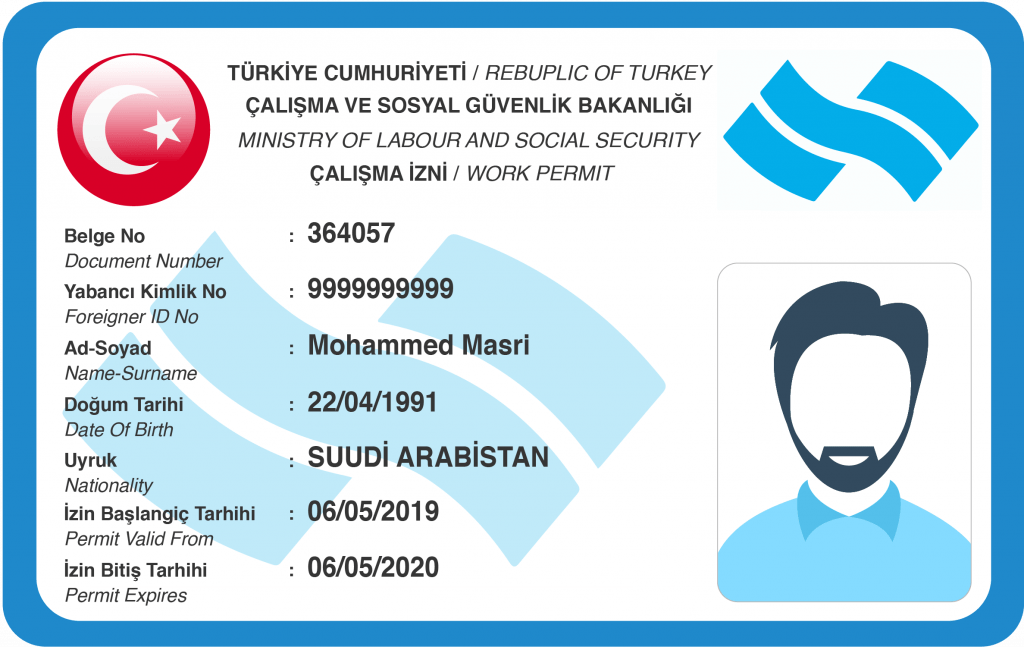Moving a business to Turkey presents a unique set of hurdles. Expat business owners frequently encounter challenges of relocation that can daunt the most ambitious entrepreneur. Turkey business setup demands understanding of complex regulatory landscapes and navigating Turkish regulations is no small feat. You may feel like you’re trying to untangle an immense knot, where each pull seems to tighten another area. Without local insight, one risks unforeseen setbacks, financial strain, or even operational delays. Turkey’s vibrant market offers great potential, but without grasping its intricacies, success may remain elusive. Don’t be caught off guard—know what you’re stepping into. It’s crucial to meticulously plan beforehand, ensuring you meet all legal and operational requirements. Seeking local expertise can transform these challenges into manageable tasks, paving the way for your venture’s growth and sustainability. With careful preparation, moving your business to Turkey can transition from a daunting prospect to an exciting opportunity.
Navigating Legal Procedures: Key Considerations
Navigating legal procedures during a Turkey business setup requires a keen eye and a steady hand. The challenges of relocation can puzzle even the most seasoned expat business owners. Imagine you’re piecing together a puzzle without its picture — that’s what it’s like without understanding the local laws. From registering your business to obtaining licenses, each step must be meticulously followed to avoid pitfalls. Navigating Turkish regulations could feel like wading through uncharted waters. Just one misstep, and you might find yourself in over your head, dealing with unforeseen penalties or legal issues. It’s not just about compliance—it’s about laying a solid foundation for long-term success. Engaging a local legal advisor can be your lighthouse, illuminating the path and steering you clear of obstacles. This knowledge not only eases your transition but also positions your venture for growth once you’re past the initial hurdles.
Moving business to Turkey requires understanding various local business nuances. Challenges of relocation are not isolated; they touch on cultural aspects, too. Expat business owners often overlook cultural differences, which can be a silent barrier to their Turkey business setup. It’s akin to playing a game with unfamiliar rules—unexpected and, at times, perplexing. The language barrier, if not addressed, complicates navigating Turkish regulations. Misinterpretations here can lead to costly mistakes. Additionally, tax regulations and employment laws form a maze that must be carefully traversed. Ignorance isn’t bliss; it’s risky. Seeking local advice is crucial, akin to obtaining a map before embarking on a complex journey. Professionals with a keen understanding of both Turkish and international business landscapes can offer invaluable insights. By tackling these challenges strategically, you pave the way for a successful and seamless business transition into Turkey’s dynamic market.
Language, a cultural curtain, can significantly impact moving business to Turkey. Expat business owners who overlook this face misunderstandings, akin to swimming against a current. Proper communication plays a pivotal role in navigating Turkish regulations and ensuring the Turkey business setup process goes smoothly. A missed word here or there might cause delays or even bring unforeseen complexities. Challenges of relocation amplify without clear dialogue, possibly leading to costly mistakes or compliance issues. It’s not just about buying a translation app; it involves grasping subtleties in local expressions, customs, and business etiquette. A local translator or consultant acts as your bridge, breaking down these barriers and allowing interaction to flow as intended. With their help, you’re not just learning the language; you’re understanding the rhythm, the unspoken cues, and the essential nuances that come into play. Preparation, in this regard, becomes your compass, guiding you through unfamiliar terrain.
Cultural Adjustments: Bridging the Business Gap
Understanding cultural nuances is pivotal when moving a business to Turkey. Here, business isn’t just conducted with contracts—it’s woven into the fabric of relationships. For expat business owners, these nuances often pose significant challenges of relocation. Picture this: You’re at a meeting, and rather than diving straight into figures, the discussion starts with tea and small talk. This is where Turkey’s cultural soul begins to unveil itself. To thrive, one must effortlessly navigate Turkish regulations while also appreciating these subtleties. Turkey business setup necessitates more than acknowledging regulations; it requires a re-shift in cultural perspective. Those who rush or dismiss these cultural signals might find themselves hitting unexpected barriers. By respecting and embracing local customs, your transition can bridge the gap and unlock doors to success. Embrace these adjustments, and you’ll find your venture flourishing in this dynamic market.
Mastering the challenges of relocation involves adapting to local traditions while moving a business to Turkey. This goes beyond mere acknowledgment—it’s about integration and understanding. For expat business owners, this transition to the Turkey business setup might feel like learning an entirely new language. Once, an expat fortified with resolve shared that their breakthrough came not from market analysis but from an unexpected friendship over a shared meal. Navigating Turkish regulations requires a similar openness. Beyond the statutes and codes, there’s a rhythm and flow dictated by personal connections and trust. Without flexibility and cultural insights, navigating Turkish regulations could resemble swimming against a strong current. These elements form the heart of a successful business journey in Turkey. So, be open, be adaptable, and allow these cultural bridges to transform potential obstacles into stepping stones. The rewards await those who approach this vibrant environment with respect and curiosity.
Embracing cultural adjustments is not just a task—it’s the bridge for expat business owners diving into the depths of the Turkey business setup. Navigating Turkish regulations may have you feeling like you’re working through a dense fog. But there’s clarity in understanding social etiquette and local customs. Imagine meeting clients where the handshake is more than formality; it’s a pact of trust, intricately woven into business culture. Challenges of relocation to Turkey often stem from missing these subtle cues. Grasping these nuances makes the moving business to Turkey less of a leap and more of a handshake. Local expressions, gestures, and hospitality traditions become the threads stitching together a flourishing venture. Those who master these cultural bridges find they’re not just avoiding pitfalls but creating golden opportunities. Remember, it’s more than adjusting; it’s about forming alliances that transcend conventional boundaries. With respect and insight, success doesn’t just knock—it swings the door wide open.
Economic Landscape: Risks and Opportunities
Navigating the economic landscape while moving business to Turkey unveils both risks and opportunities that expat business owners must consider. On one hand, the country offers a dynamic economy with diverse sectors brimming with potential. However, challenges of relocation become apparent as you delve deeper into Turkey business setup. The volatility of the Turkish lira, for instance, can present both profit and peril, making financial forecasting bewildering at times. Pair this with fluctuating inflation rates, and you’re handling a two-edged sword. But fear not, as understanding these economic variables can place you in the driver’s seat, transforming potential pitfalls into pathways of success. Expat business owners who keenly embrace financial prudence will find opportunities sprinkled throughout the market’s challenges. With strategic insight and foresight, businesses can thrive amidst economic ebbs and flows, turning the Turkish market’s surprises into secure stepping stones.
When diving into the challenges of relocation, it’s essential to maintain a keen focus on the regulatory terrain that underscores a successful Turkey business setup. Navigating Turkish regulations can often feel like a maze with turns and twists that can bewilder even seasoned expat business owners. These regulations, while ensuring order and compliance, often seem to shift unpredictably, and that’s where robust local guidance becomes indispensable. Engaging local experts not only illuminates the path but also exposes hidden opportunities that may not be immediately apparent to outsiders. For expat business owners, understanding this regulatory framework is akin to holding a compass in an unfamiliar land—it guides decisions and highlights potential routes to prosperity. Thus, approaching these complexities with diligence can unlock a more secure footing in the Turkish market, enabling businesses to transition smoothly and capitalize on Turkey’s vibrant economic offerings.
The vibrant market in Turkey, while enticing, also necessitates a firm grasp on its economic landscape. Expat business owners, in their quest for success, must arm themselves with knowledge of the country’s economic pulse. This involves navigating the unpredictable waters of currency fluctuations and grappling with inflation that can seem like a fierce tempest threatening to capsize plans. However, these challenges of relocation should not deter the dedicated entrepreneur. By crafting a robust strategy and keen on Turkey business setup, one can transform stormy seas into a smooth sail. Navigating Turkish regulations is just one part of piecing together this puzzle; the real mastery comes in turning these challenges into stepping stones. For the expat business owner, understanding the calm amidst the storm means wielding foresight as a beacon in the night. Success, after all, lies in how adeptly one can adapt to the ever-shifting undercurrents of opportunity and risk.






